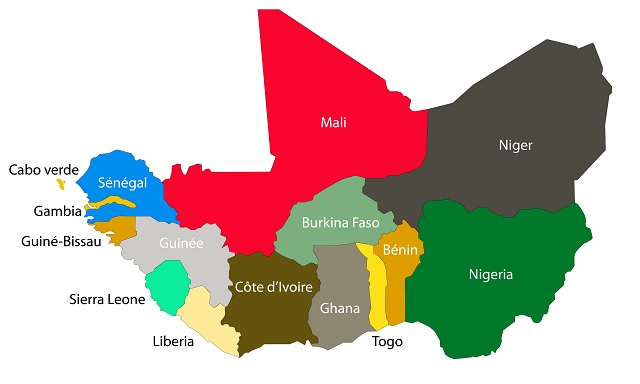
The sub-region is first to protect 30% of its terrestrial and inland water areas and 30% marine and coastal areas
COMMENT | IZIAK SALAKO | Just over one year ago, the world came together to agree upon a landmark new deal for nature. The Kunming-Montreal Global Biodiversity Framework (K-M GBF) was signed into action on a snowy day in Montreal, with all 196 Parties to the UN committing to halt biodiversity loss, provide adequate nature finance, and ensure the full inclusion of Indigenous Peoples and Local Communities in conservation efforts.
This agreement was not without its difficulties, and Nigeria is proud to have played a leading role in advocating for an ambitious deal for nature from the start. As a member of the High Ambition Coalition for Nature and People, as well as the African Group of Negotiators, we were dogged in our commitment to ensuring that the final agreement included as its centerpiece the science-backed target to protect at least 30 percent of the world’s land and ocean by 2030.
Thankfully along with fellow ’30 by 30′ advocates, we were successful. developThis is an essential objective for addressing both the biodiversity and climate crises. Implementation of ’30 by 30′ therefore must now be a central consideration for biodiversity conservation strategies at local, national, and regional levels.
As countries around the world now turn to develop their ’30 by 30′ plans, we are working across ECOWAS to develop the first sub-regional ’30 by 30′ in the world. We are presented with a unique moment to come together and develop a clear and coordinated effort across borders. Our call for ambition for the expansion of protected areas must also be matched with equal ambition on finance, on halting the human-induced extinction of wild species, on mutual accountability to halt forest loss and degradation, on securing species recovery, and on the restoration of jeopardized ecosystems.
This week’s meeting will therefore also launch a process towards developing an ECOWAS Biodiversity Strategy instrumentalizing recommendations made in the Ecowas appeal for an ambitious global response to the biodiversity crisis . Nature knows no boundaries, so neither should our protection of it. If we get this right, Ecowas can provide the template for other regions, whilst unlocking our own economic and environmental potential.
So what should this plan look like for the Ecowas region?
Achieving ’30 by 30′ will require establishing new protected and conserved areas on land and in the ocean, as well as improving the management of those we already have. This will require a better understanding of what areas are most important for biodiversity, improving data collection and monitoring, and increasing resources for management and capacity building. Crucially, it will mean working with local communities to support their efforts as environmental stewards and to ensure that increased biodiversity conservation also serves to benefit them and their livelihoods.
This thinking was the genesis behind Nigeria’s decision to host the Ecowas Coordination Meeting on Expanding and Strengthening Protected Areas which will be held this week in Abuja. 30 delegates from 11 countries will spend the week working together to outline our collective objectives, recommendations, and work plans for delivering ’30 by 30′ as a group. It won’t be easy, but it will be fruitful.
Nigeria ambitiously advocated for ’30 by 30′ at the UN CBD negotiations, and we will now apply that same ambition to implementing this vital goal for our people and our planet. I look forward to welcoming my brothers and sisters from the region to join us in this worthwhile endeavor.
*****

Iziak Salako is Minister of State, Environment and Ecological Management of the Federal Republic of Nigeria
 The Independent Uganda: You get the Truth we Pay the Price
The Independent Uganda: You get the Truth we Pay the Price



